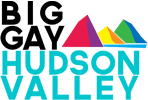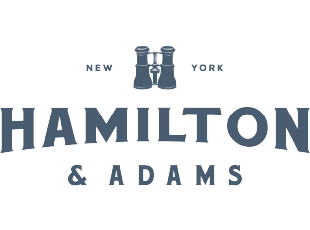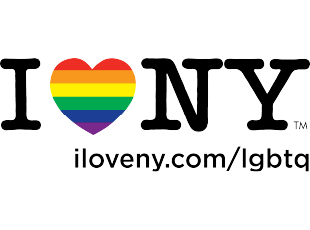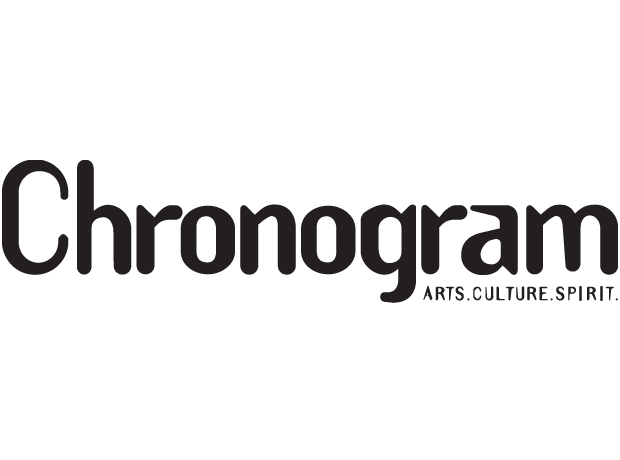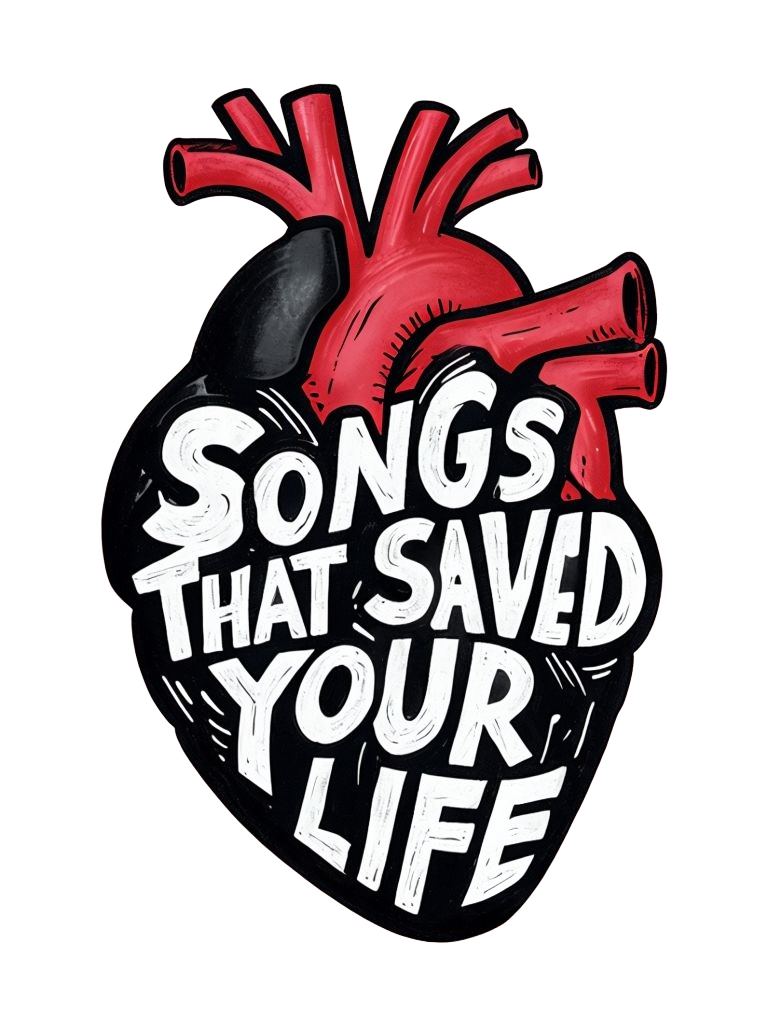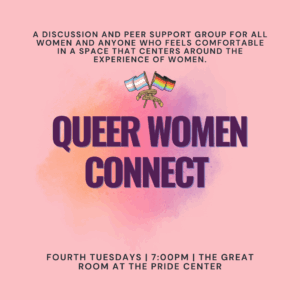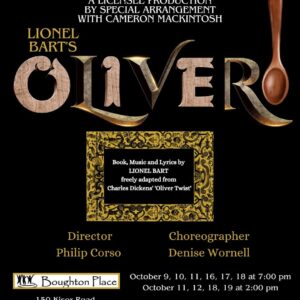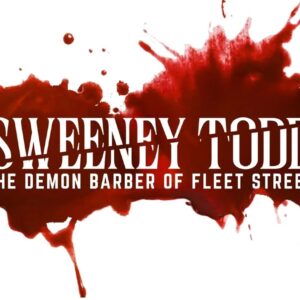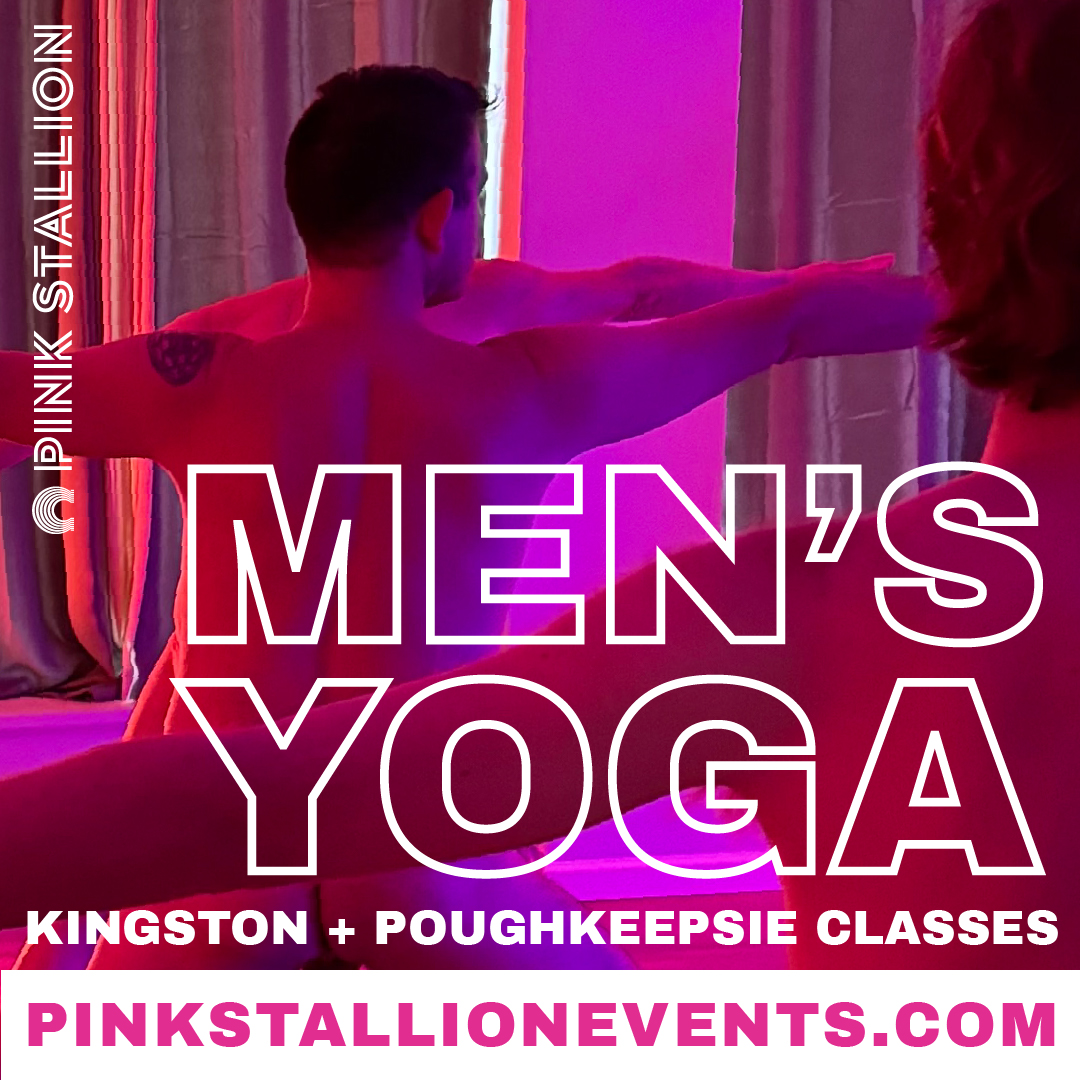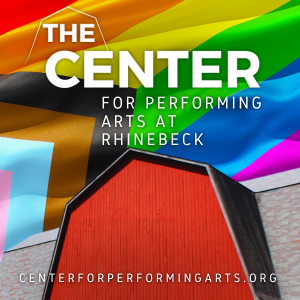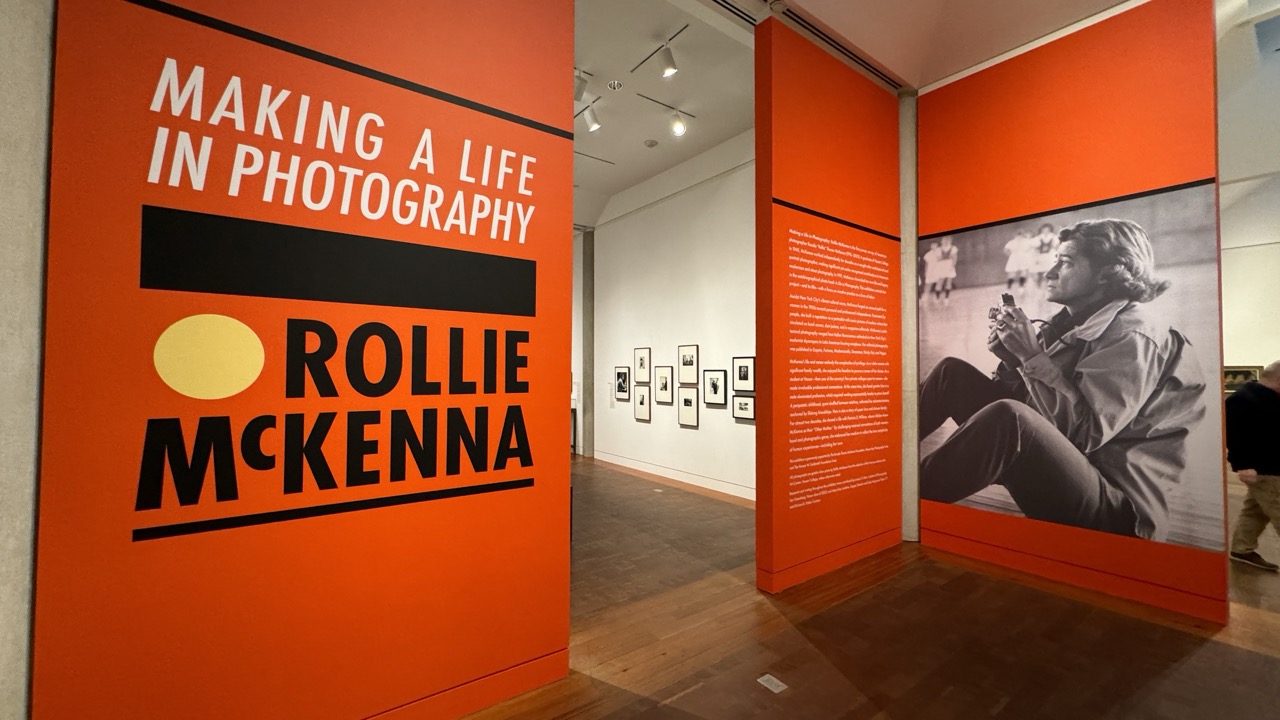
BGHV Night Out: Vassar’s Frances Lehman Loeb Gallery
On Thursday, March 14th Big Gay Hudson Valley has partnered with Vassar College’s Frances Lehman Loeb Art Center to present a special Night Out to celebrate the career of Rosalie (Rollie) Thorne McKenna, a Vassar Alum and queer American photographer.
The Loeb’s curators will present guided tours of the exhibition, as well as overviews of the artists work and background with special presentations at 6p and 7:30p.
Wine and snacks will be available to attendees, and guests are encouraged to dine out at any of Arlington’s restaurants and cafes before or after experiencing the exhibition.
Thank You to Our Community Partners
Big Gay Hudson Valley’s 2024 series of events are made possible thanks to the support of these organizations. Please consider supporting the organizations that support our LGBTQ+ community.
Register Now
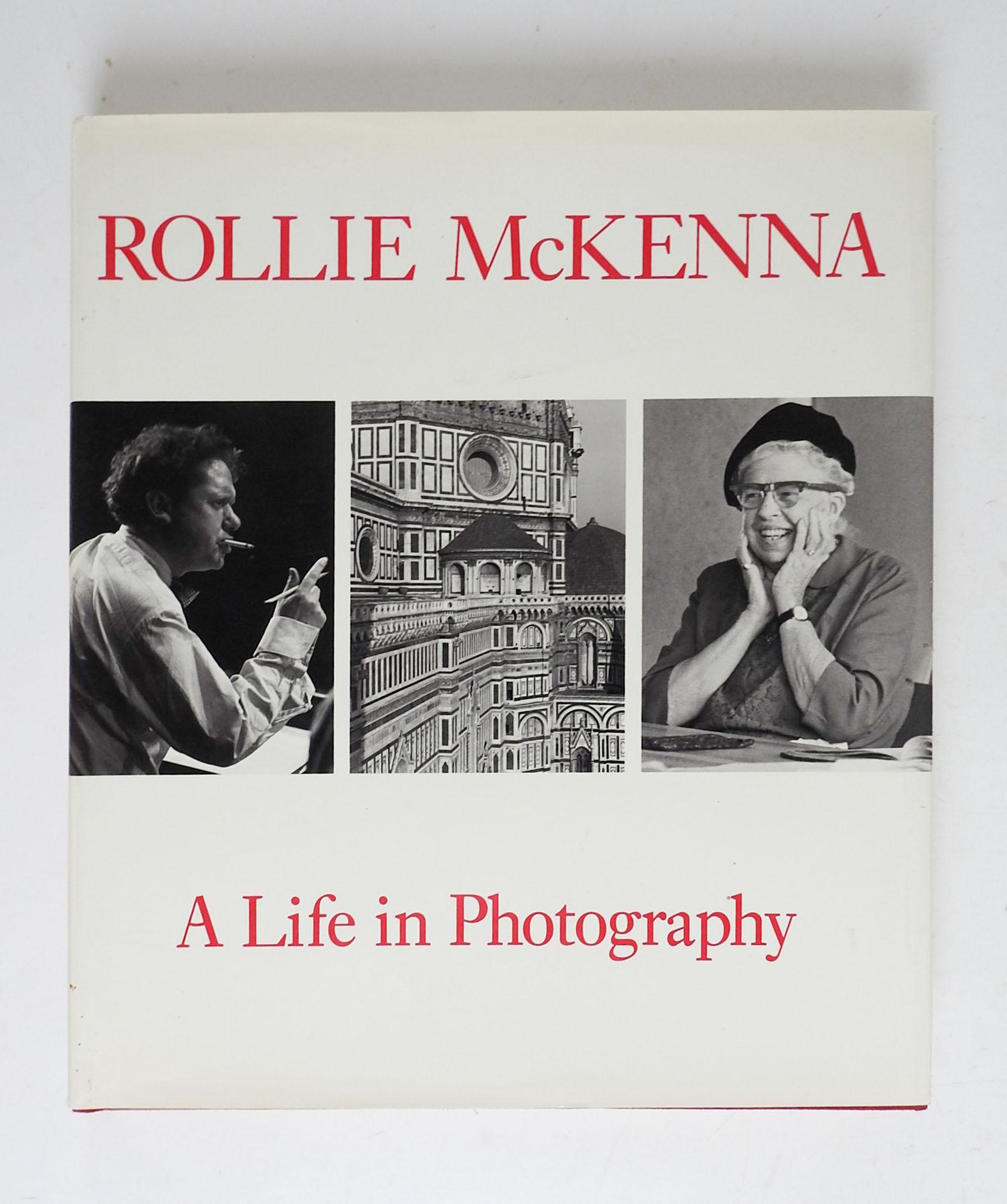
About the Artist
This exhibition is the first survey of the prolific career of American photographer Rosalie (Rollie) Thorne McKenna (1918–2003). After graduating from Vassar College in 1940, McKenna worked independently as a sought-after architectural and portrait photographer, making unique yet underrecognized contributions to American modernism and documentary photography.
During her lifetime, McKenna’s work was published in numerous books and magazines including Fortune, Harper’s, Vanity Fair, and Vogue. The Museum of Modern Art’s 1955 landmark exhibition Latin American Architecture Since 1945 featured her architectural photographs.
She made iconic portraits of many artists and writers, including W. H. Auden, Elizabeth Bishop, Alexander Calder, Truman Capote, T. S. Eliot, Laura Gilpin, Henry Moore, Sylvia Plath, Ezra Pound, Anne Sexton, Dylan Thomas, and Eudora Welty.
McKenna used her camera to forge an unusual path for a woman in mid-twentieth-century America toward both personal and creative freedom. Hers is one of many queer stories that would be lost were it not for her dedication to preserving her own legacy. She embraced photography as a way to explore the true complexity of human experience—including her own.
